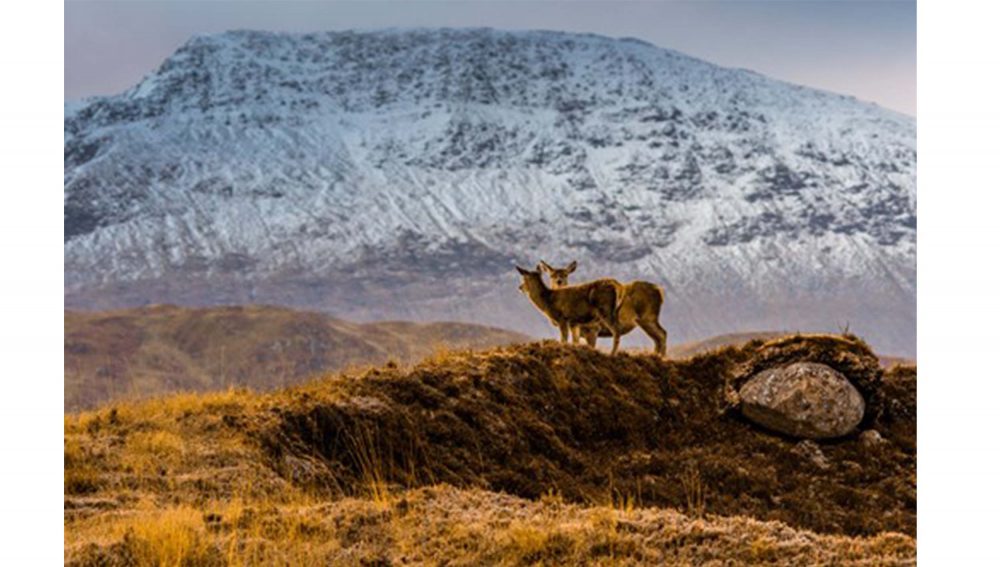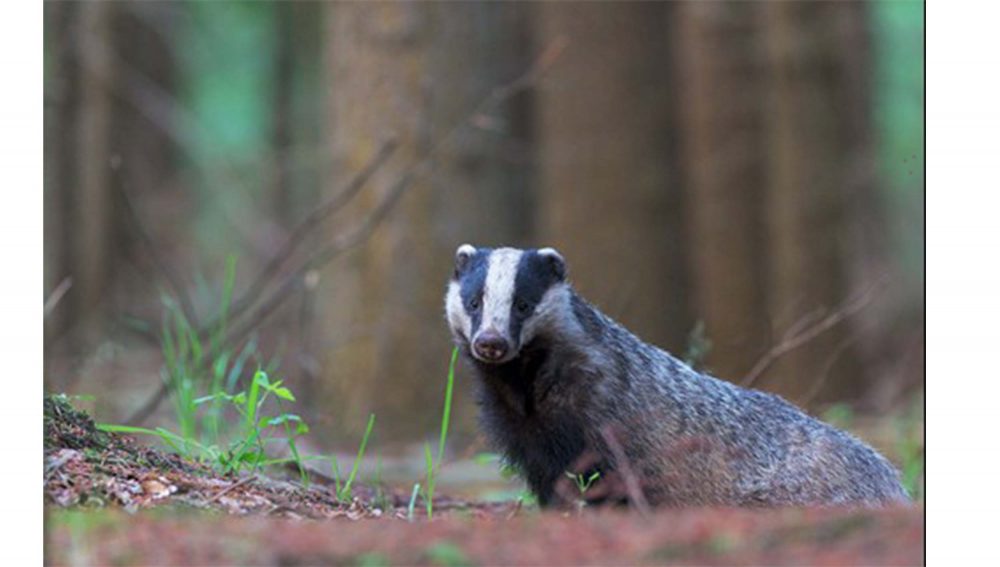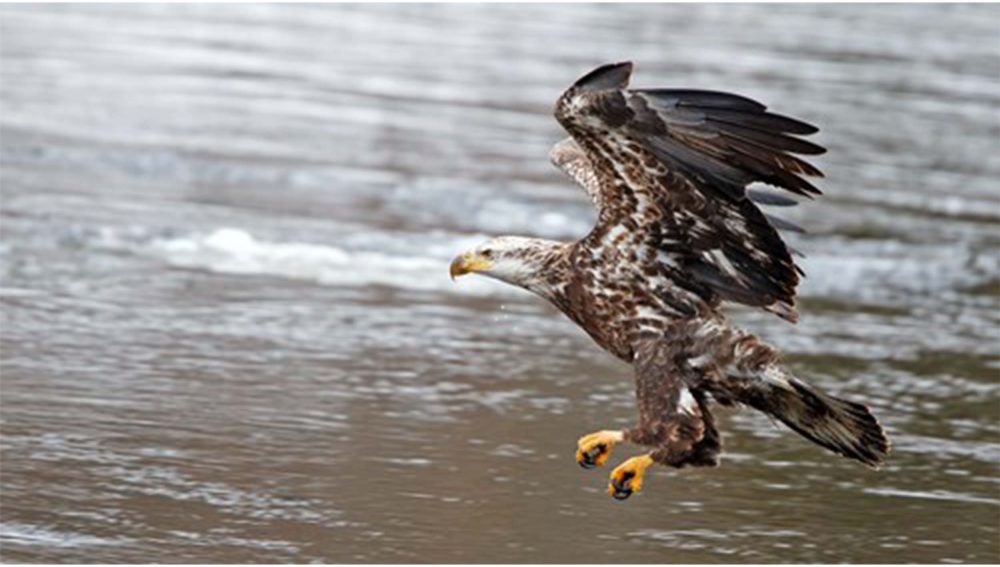Operation Wingspan is going into its final phase to tackle the alarming growth of crimes against wildlife in Scotland.
The operation has partnered with multiple other agencies and charities across the country to tackle issues from badger baiting to the illegal trade of endangered species.

Over the past year, cops have visited more than 300 businesses including antiques dealers and pet shops, which resulted in the seizure of illegal alligator heads.
The operation aims to increase public awareness of wildlife crimes and encourage people to spot the signs and report potential crimes to the police.
Police Scotland’s Wildlife Crime Coordinator, Sergeant Billy Telford, said: “We have many internationally renowned species that attract thousands of nature lovers and tourists every year to Scotland.
“But many crimes against wildlife are cruel and barbaric, often involving a painful death.
“From hunting deer, hares or badgers with dogs, to using poisons or snares on protected birds, Operation Wingspan is raising awareness and hopefully encouraging people to come forward and report this kind of crime.”
The operation has been in progress since October 2020, with the first phase of the initiative cracking down on illegal animal trades.
Cops have also cracked down on illegal badger baiting and badger persecution across the country, working alongside the charity Scottish Badgers.
Badger baiting involves sending dogs down badger setts to trap the badgers while people dig into the sett to uncover the badger and kill it- often this will also involve the dog also being seriously injured.

Despite being illegal, badger baiting remains a popular sport and is punishable with up to six months in jail and a ban on keeping animals in the future.
Now in their final phase, Operation Wingspan is focusing on protecting birds in Scotland.
The fourth part of the operation will see officers patrol vulnerable nesting sites, issuing warrants for potential wildlife crime and produce a social media campaign with the Royal Society for the Protection of Birds.
Detective Chief Superintendent Laura McLuckie said: “Reports of wildlife crime doubled during lockdown and Police Scotland is dedicated to working closely with a wide range of partner organisations to reduce the harm to species targeted by criminals and the communities who rely on them for employment and tourism across Scotland.
“Tackling wildlife crime is not just about enforcement, it is also about working with partners and raising public awareness to prevent it happening.
“Indeed, the public has an important role in helping us to investigate reports of wildlife crime and I would urge anyone with concerns or who suspect a wildlife crime has been committed to contact us on 101, and if it is an emergency to call 999.”
Speaking today Ian Thomson, Head of Investigations at RSPB, said: “We have had high profile cases over the past year, including the poisoning of a golden eagle in Aberdeenshire.

“Most of these are linked to managed land for bird shooting, specifically grouse shooting.
“Most bird persecution is from people trying to maximise grouse populations- despite many other factors having an impact on that.”
“There has been investigative individual cases which are being followed up on as robustly as possible.
“If there is sufficient evidence, hopefully it will result in a prosecution.
“We provide expertise on these specific cases- for example identifying the birds that are brought in.”
“We have been advising over Operation Wingspan. On things like destruction of habitats or those few misguided people who still collect birds eggs as a hobby.
“The operation is a very good example of public engagement.
“It’s hard to say whether cases have been growing over lockdown because when they happen, they are so often remote, with no witnesses to report them.
“It’s not like if you’re car gets stolen then there’s something to report.
“I think what we are seeing is, year on year, an increase in awareness. More and more people are aware of what’s going on in the country.”

